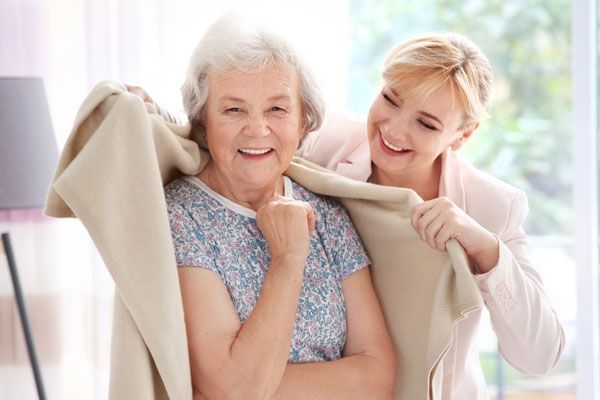5 Skills Successful Caregivers Must Have
Being a full-time caregiver is extremely demanding. Mastering these skills can help improve the senior’s quality of life and increase your effectiveness as a caregiver.
- Communication
Communication comprises entire fields of studies, but when it comes to caregiving, it involves active listening and understanding the senior’s concerns. By actively listening and participating, a caregiver will be more receptive to what the senior wants and needs, increasing their quality of life and satisfaction. - Empathy
Empathy allows you to understand someone else’s situation by putting yourself in their shoes. When you’re empathetic, it’s easier to provide high-quality care for the senior, because you can understand their perspective and what they may be going through. By demonstrating empathy, the patient will feel more secure in your care and grow to trust you
. - Patience
Caregiving requires patience. Elderly patients who are struggling with health issues, grappling with their loss of self-dependence, and unhappy with their current condition, may lash out. They may also be irritable, difficult to manage, and stubborn. Patience allows a good caregiver to slow down, take a deep breath, and rethink what they’re currently doing. - Positivity
It can be very difficult to remain positive and optimistic in the face of illness and age, which is why it’s so crucial for a caregiver to maintain a sunny disposition when dealing with seniors. Having a bright and cheerful attitude can make it easier for you to provide care, and the elderly person will begin to look forward to your presence. Expressing positivity consistently can eventually begin to positively impact your patients’ overall outlook. - Observation
Professional caregiving requires keen observational skills. When an elderly person is nonverbal, you must be able to effectively assess their needs without the patient having the capacity to directly communicate them. Body language and other non-verbal cues are going to dictate the decisions you make when dealing with these types of patients. And even if the patient has the capacity to speak with you, the ability to accurately observe how they are acting can help you stop a negative behavior before it becomes a habit, or remove obstacles to an elderly person’s well-being.












